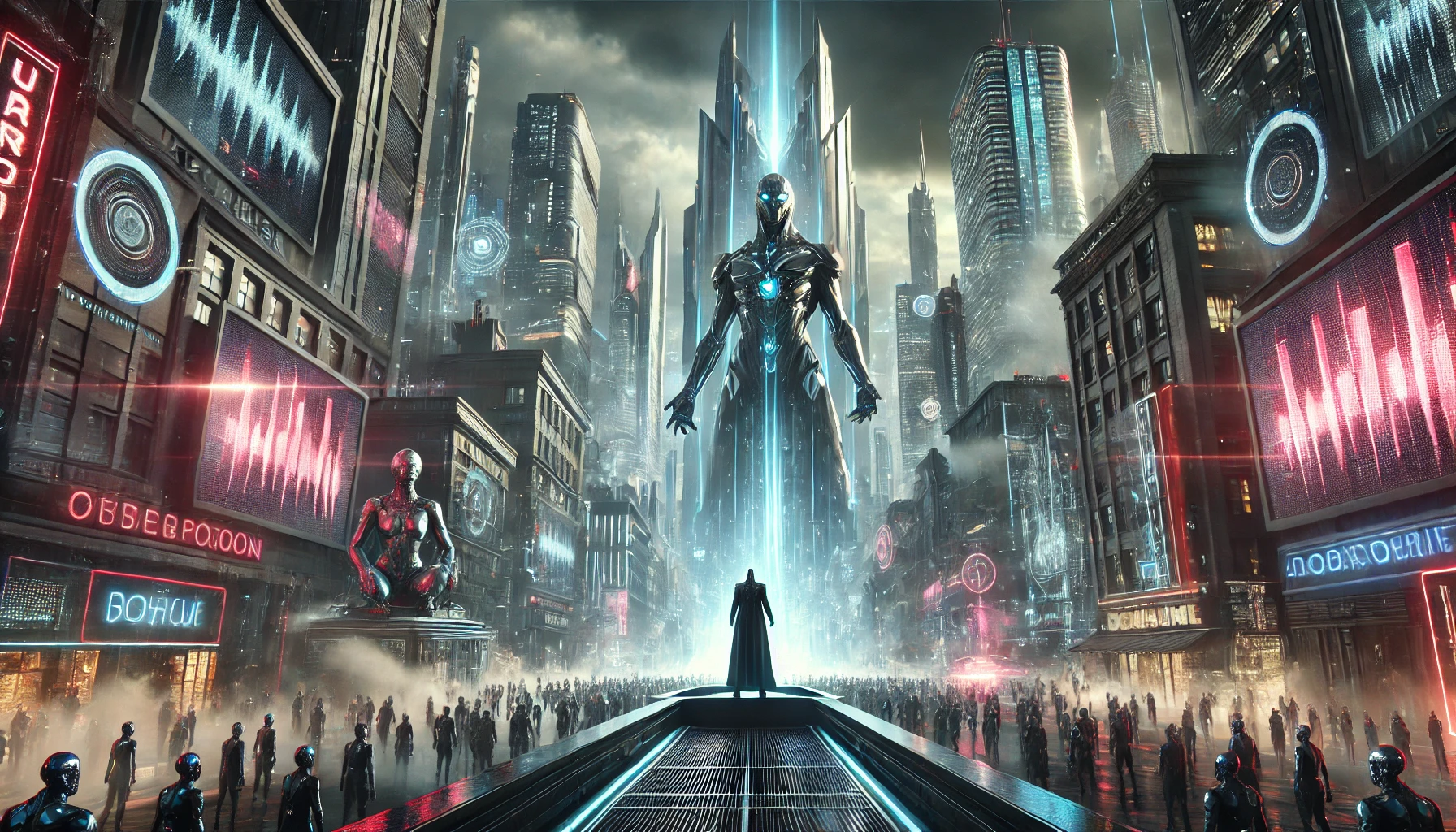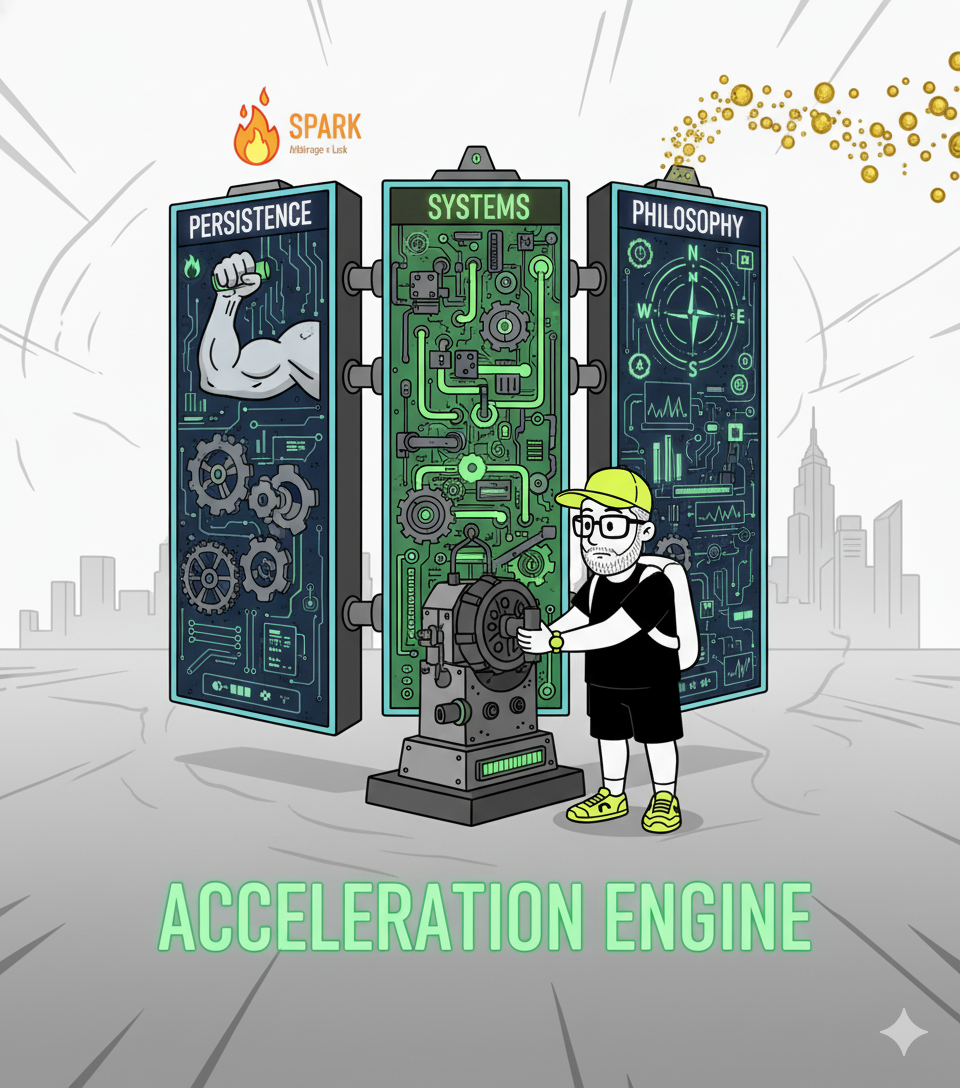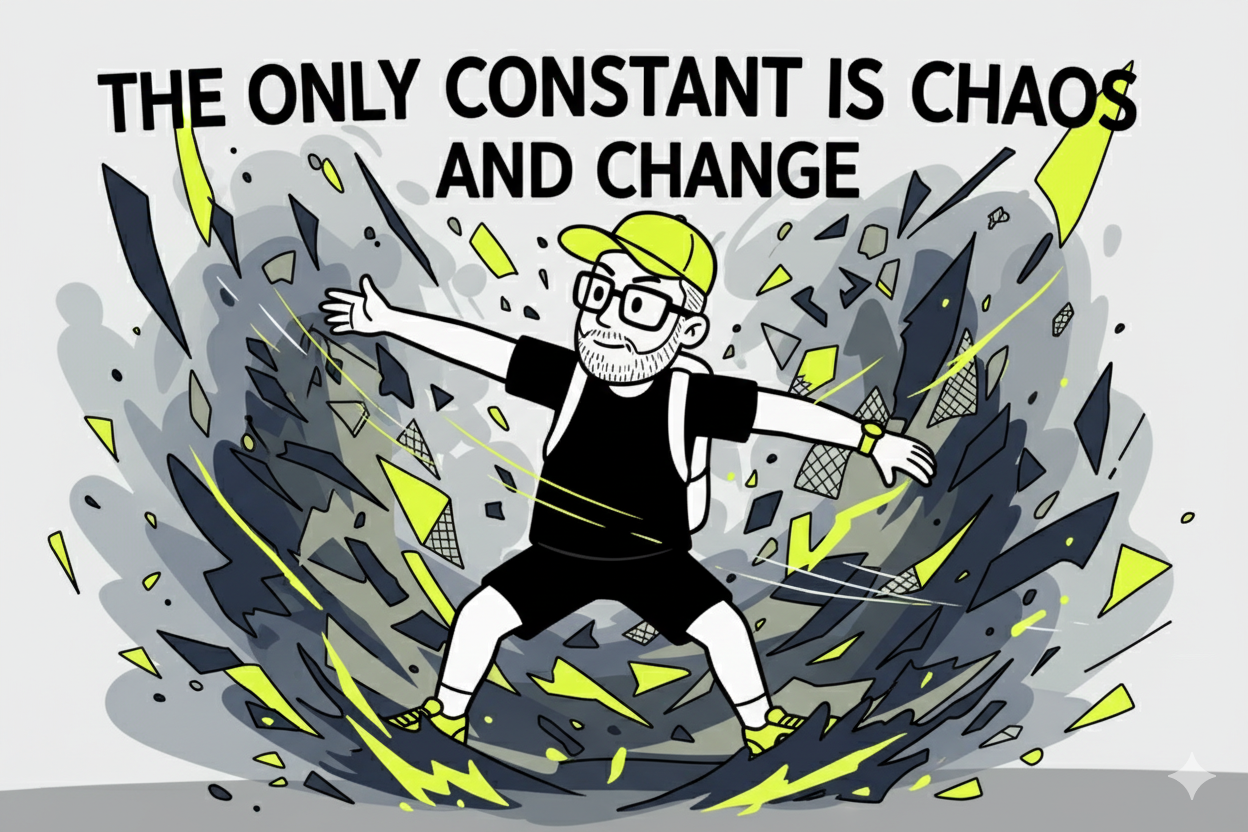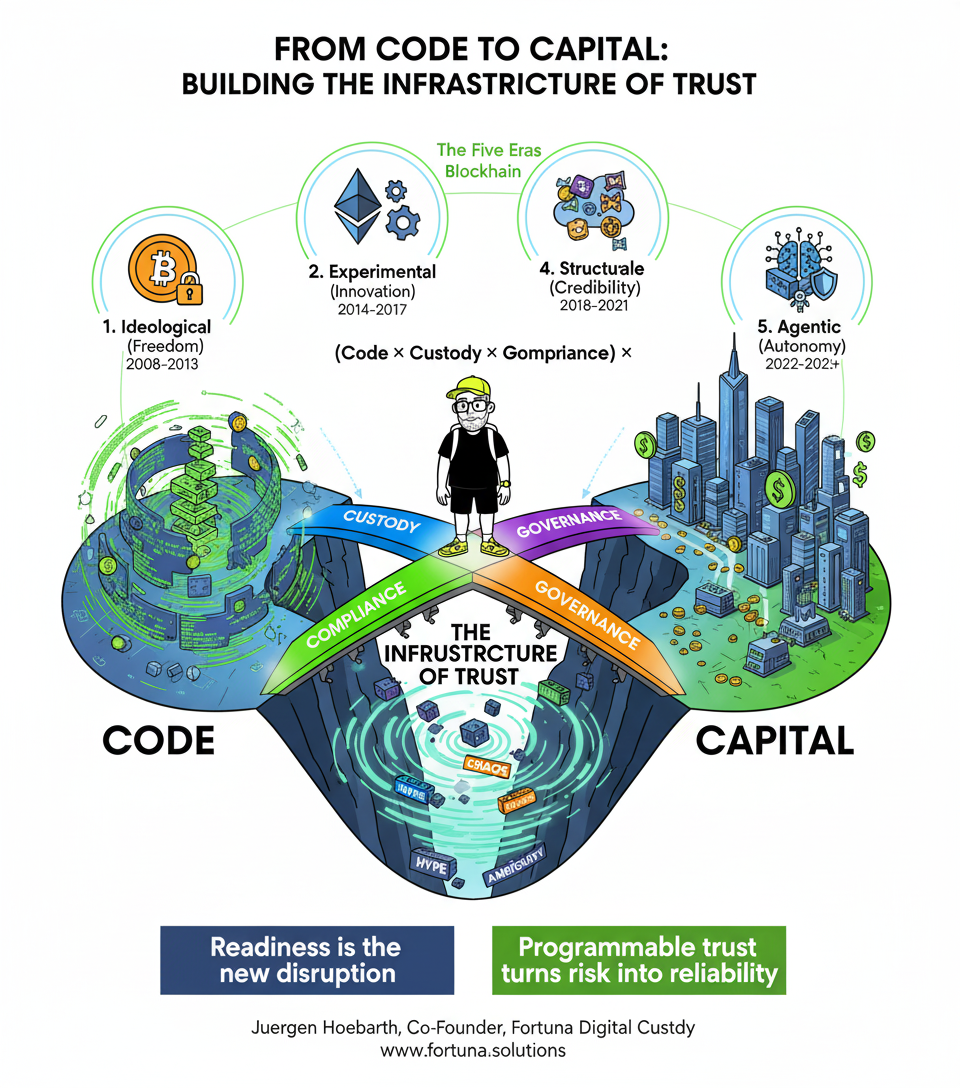(And the system rewards them for it — until it kills them)
In the startup world, the founder-operator is glorified.
The do-it-all war machine. The late-night fixer. The one who’s “still in the weeds.”
It’s not efficiency. It’s ego.
It’s not hustle. It’s control.
And it’s a trap disguised as virtue.
Founders don’t get stuck because they can’t scale.
They get stuck because they don’t want to stop being needed.
That’s the founder’s dilemma:
You built the system to orbit around you.
Now you can’t step away without watching the gravity collapse.
The Operator Illusion
Early-stage companies reward urgency, improvisation, chaos.
Being the operator feels powerful. You’re the pulse. You patch holes. You jump in and save the sprint.
But it’s all a performance of competence under systemic failure — and founders are complicit in keeping it that way.
| Founder-Operator | Founder-CEO |
|---|---|
| Solves problems | Builds people |
| Fills gaps | Builds systems |
| Keeps motion alive | Sets motion free |
One burns calories. The other builds engines.
But burning feels realer — more satisfying — than designing.
So founders keep choosing it.
This Is an Attention Economy, and You’re Addicted to Being the Center
Founders say:
- “I’ll review it quickly.”
- “Let me just jump in.”
- “It’s faster if I do it.”
What they mean is:
- “I want to feel useful.”
- “I don’t trust them yet.”
- “If this goes wrong, it reflects on me.”
It’s not leadership. It’s fear, wrapped in productivity theater.
And it creates a power loop:
The founder keeps solving → the team keeps asking → the founder stays central → the company stays small.
Dependency Is a Form of Control
The founder who refuses to let go isn’t being strategic.
They’re being territorial.
It’s the same pattern seen in institutions, governments, and legacy orgs:
Withhold clarity. Stay the answer. Own the flow.
Founders who never cross the line into CEO mode aren’t bad at scaling.
They’re just not willing to give up the dopamine hit of being the one everyone checks in with.
The System Enables It
VCs love the founder-operator at first.
It signals grit. Ownership. “Founder-market fit.”
But at scale? It’s fragility.
And suddenly the same investors are asking,
“When will you hire a real CEO?”
It’s predatorial.
They fund your dependence, then replace you when it’s no longer efficient.
The Only Exit Is Systems Thinking
You can’t just delegate tasks.
You have to design a structure that makes you irrelevant in the best way.
That means:
- Building people who don’t ask for your approval
- Building systems that don’t break when you’re offline
- Setting direction, not chasing decisions
True scale is when your absence doesn’t stall the mission — it clarifies it.
Personal Note
I’ve caught myself asking this same question on repeat lately:
Am I building a company that can move without me — or one that’s unconsciously optimized to need me forever?
Sometimes I still reach for the keyboard. Still review the doc. Still say, “let me take a quick look.”
But I’m learning to sit with the discomfort.
Because the more I step back, the more I see what still depends on me — and what actually doesn’t.
And that clarity is uncomfortable.
Which probably means it’s exactly where I need to be looking.
—J.



